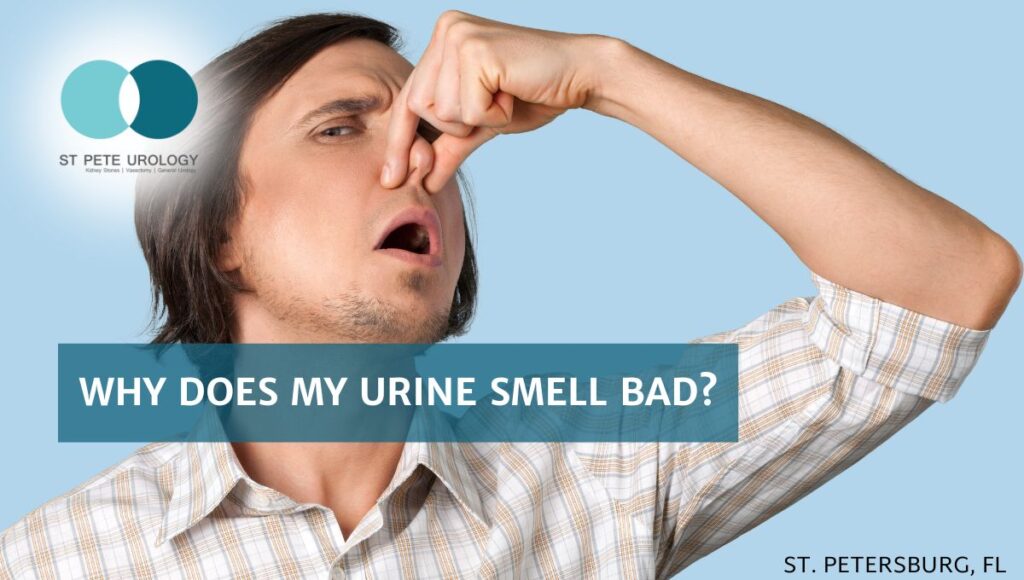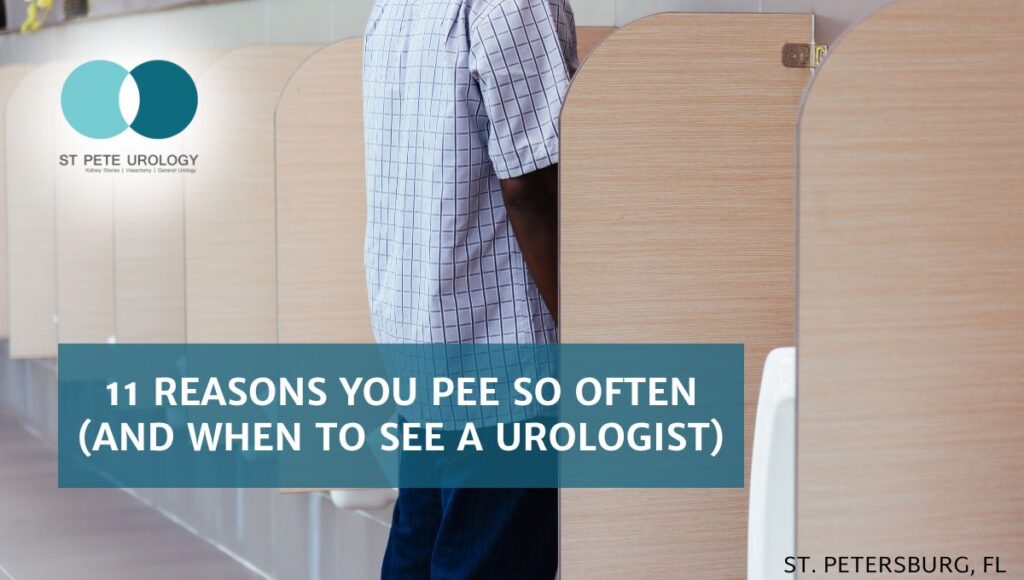Loss of bladder control, called urinary incontinence, is a common and usually embarrassing problem. It may manifest as leaking of urine when coughing, sneezing, jumping, or during other physical activity. But it can also occur as a sudden, strong, uncontrollable urge to urinate or wake up several times at night.
While the problem tends to occur more commonly in older people, it isn’t an unavoidable consequence of aging. In fact, you don’t have to live with urinary incontinence because you are aging.
So if urinary continence is disrupting your social life and daily routine or affecting your quality of life, speak with your doctor about it. Your urologist will usually begin with a conservative approach of recommending simple lifestyle and dietary changes to help you get relief from the symptoms. Or in some cases the doctor may recommend more aggressive medical treatments to free you from the condition.

Types of urinary incontinence:
- Stress incontinence
Stress incontinence occurs if exerting direct pressure on your bladder results in urine leakage. The urine leaks linked to stress incontinence typically occur when you cough, sneeze, laugh, exercise or lift a heavy item. - Urge incontinence
Urge incontinence manifests itself if you frequently experience a sudden, intense, uncontrollable urge to pass urine which results in urine leakage. With the strong urge, most find themselves urinating several times per day including throughout the night.
Urge incontinence may be due to a minor condition, such as urinary tract infection. But it some cases it can be the result of a more severe condition such as diabetes or a neurological disorder. - Overflow incontinence
Overflow incontinence is when you experience frequent dribbling of urine. Usually the dribbling of urine is due to the inability to fully and completely empty the bladder. - Functional incontinence
Functional urinary incontinence is the result of physical or mental impairments that makes it difficult to hold urine and for many to even reach the toilet in time to relieve themselves. So many have urine leaking from their bladder as they struggle to reach the bathroom. - Mixed incontinence
Mixed incontinence is if you suffer from more than one type of urinary incontinence. Most often mixed incontinence is a combination of urge and stress incontinence.
What can cause poor bladder control?
Many experience urinary incontinence due to an underlying medical condition, a physical problem, or a change in lifestyle. The incontinence may be temporary if due to a change in daily habits and in those cases is an easily treatable condition. But if the condition is persistent when related to a medical condition or physical problem, undergoing a thorough evaluation by your doctor will help determine the cause of your incontinence.
Causes of temporary urinary incontinence:
- Urinary tract infections
Urinary tract infections may also lead to a strong urge to urinate. The urge may be too intense to the point of urine leakage before you can reach the bathroom. With the treatment of the source infection, the incontinence typically disappears. - Constipation
Since the rectum is located near the bladder and shares many nerves with the bladder, having hard, compacted stool in the rectum can cause the nerves controlling the bladder to be overactive. In turn, increased urinary frequency may occur, resulting in incontinence. The incontinence usually resolves when the constipation ends. - Drinks that act as diuretics
Some drinks have the ability to stimulate the bladder and increase urine volume. As a result, urine may leak due to the overwhelming volume in the bladder. Reducing the intake or avoiding these drinks helps to prevent incontinence.
The drinks include:- a. Caffeine
- b. Alcohol
- c. Artificial sweeteners
- d. Chocolate
- e. Carbonated drinks and sparkling water
- f. Chili peppers
- g. Large doses of vitamin C
- h. Sedatives, muscle relaxants, and heart and high blood pressure medications
- i. Foods with too much sugar, spices, or acids, particularly citrus fruits
Causes of persistent urinary incontinence:
- Pregnancy
Pregnancy is accompanied by hormonal changes and increased weight of the fetus. These changes may cause stress incontinence. - Childbirth
During vaginal delivery, the muscles that control the bladder may weaken. The nerves and supporting tissues may also be damaged. Due to the weakening of bladder muscles and damage of nerves and tissues, a prolapse (dropped) may occur in the pelvic floor.
Following a prolapse—where the bladder, rectum, uterus or small intestine is pushed down from the normal position and protrudes into the vagina—bladder control diminishes, resulting in incontinence. - Aging
With age, the bladder muscles weaken and bladder control reduces. Also, as you get older, involuntary bladder contractions become more common, increasing the likelihood of incontinence. - Menopause
The production of estrogen—a hormone that keeps the lining of the urethra and bladder healthy—reduces after menopause. As a result, the bladder and urethral tissues deteriorate, causing or aggravating incontinence. - Enlarged prostate
Benign prostatic hyperplasia (BPH) is a non-cancerous enlargement of the prostate gland. As the prostate enlarges, it puts more pressure on the bladder, which in turn loses control. Thus, an enlarged prostate often triggers urinary incontinence. - Prostate cancer
Untreated prostate cancer can cause stress incontinence in men. Also, urinary incontinence may be an adverse effect of prostate cancer treatment. - Urinary tract obstruction
Overflow incontinence can occur when there is a blockage of the normal flow to urine along the urinary tract. The obstruction may be due to a tumor somewhere in the urinary tract or a urinary stone. - Neurological disorders
Disorders that interfere with the nerves involved in bladder control may trigger urinary incontinence. Neurological issues commonly associated with urinary incontinence include stroke, multiple sclerosis, Parkinson’s disease, brain tumor, and spinal injury.
When should you see a doctor?
Please see a doctor if urinary incontinence is too frequent, embarrassing, and is affecting your quality of life. Your doctor will identify the underlying cause of the problem and administer appropriate treatment.
Plus, you should see a urologist when the incontinence:
- Causes you to restrict your social interactions and daily activities.
- Adversely affects your esteem, confidence, and quality of life.
- Is accompanied by other symptoms, such as pain or blood in urine.
- Could pose other risks, such as the risk of falls as you rush to the toilet.
- Is suspected to be a symptom of a more serious underlying condition.
At St Pete Urology, we have a team of urologists that boasts a rich knowledge and wealth of experience in treating urinary incontinence. Our urologists conduct a thorough physical exam and take comprehensive medical history before requesting appropriate tests to help identify the underlying cause of incontinence.
We are proud of our tailored treatments and the remarkable results we achieve with all our patients. For more information on urinary incontinence and other urological problems, visit the site “St Pete Urology.”





